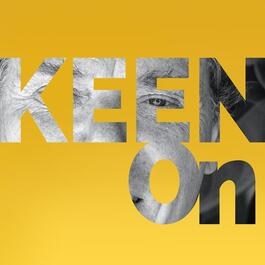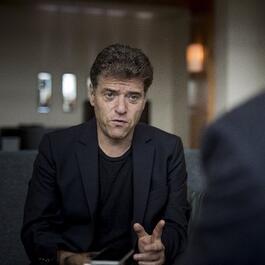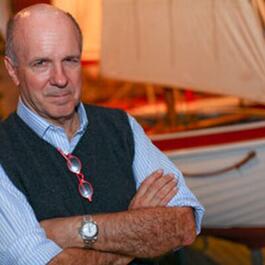
Simon Winchester on Land Ownership
In this episode of Keen On, Andrew is joined by Simon Winchester, author of Land, to discuss the origin, history and modern-day notion of land ownership. Simon Winchester, OBE, a British writer, journalist and broadcaster, was born in north London on 28th September 1944, the only child of Bernard and Andrée Winchester (née deWael). Though not Catholic, he was educated first at a boarding convent in Bridport, Dorset and later at Hardye’s School, Dorchester, Dorset – where he achieved the dubious dual distinction of being appointed Head of House and of soon thereafter being expelled for conducting a spectacularly destructive chemical experiment in the newly-opened science laboratories. After taking time off to hitch-hike around Canada and the United States for almost a year between leaving school and entering university, he went up to Oxford in 1963, to read geology at St. Catherine’s College. There he became involved in the University Exploration Club, and was the member of a six-man sledding expedition onto an uncharted section of the East Greenland ice-cap in 1965. He then made a sudden and unexpected switch to journalism in 1967, a short while after reading, while in a jungle camp in Uganda, a copy of Coronation Everest by James (now Jan) Morris. This account by the then correspondent of the London Times – which published the first exclusive report of the success of the Everest expedition, on 2ndJune 1953, by happy coincidence the day of the coronation of Queen Elizabeth II – triggered in Winchester what he later described as a ‘Pauline conversion’ – and though he was to refer to geology in many of his subsequent writings, he turned some days after reading the book to a new career in newspaper reporting, and was to remain a full-time writer for the rest of his working life. In 1969 he joined The Guardian, first as the Newcastle upon Tyne-based regional correspondent and later as Northern Ireland Correspondent, based in Belfast. He remained in Ireland for the next three years – during which time he was named Britain’s Journalist of the Year, in 1971 – and covered all of the major developments in the territory, from the British government’s introduction of internment without trial of IRA suspects, through the events of Bloody Sunday in Londonderry in January 1972, to the British army crackdown during Operation Motorman. During this period he became a frequent commentator on and contributor to BBC radio. He was also briefly detached from Ireland to Calcutta, to undertake his first foreign assignment for the newspaper, covering the war that led to the independence from Pakistan of the new Bengali homeland of Bangladesh. Following Washington he was posted in 1977 to New Delhi as India Correspondent,– driving the family Volvo to India from Oxford, in the days when it was entirely possible and congenial to drive through Turkey, Iran, Afghanistan and Pakistan – and there covered events across the region that included the period of Emergency Rule of Indira Gandhi, the Soviet-backed coup d’etat in Afghanistan, and the various assassinations and small wars that characterized the subcontinent for the next three years.
From "Keen On America"




Comments
Add comment Feedback